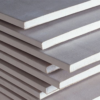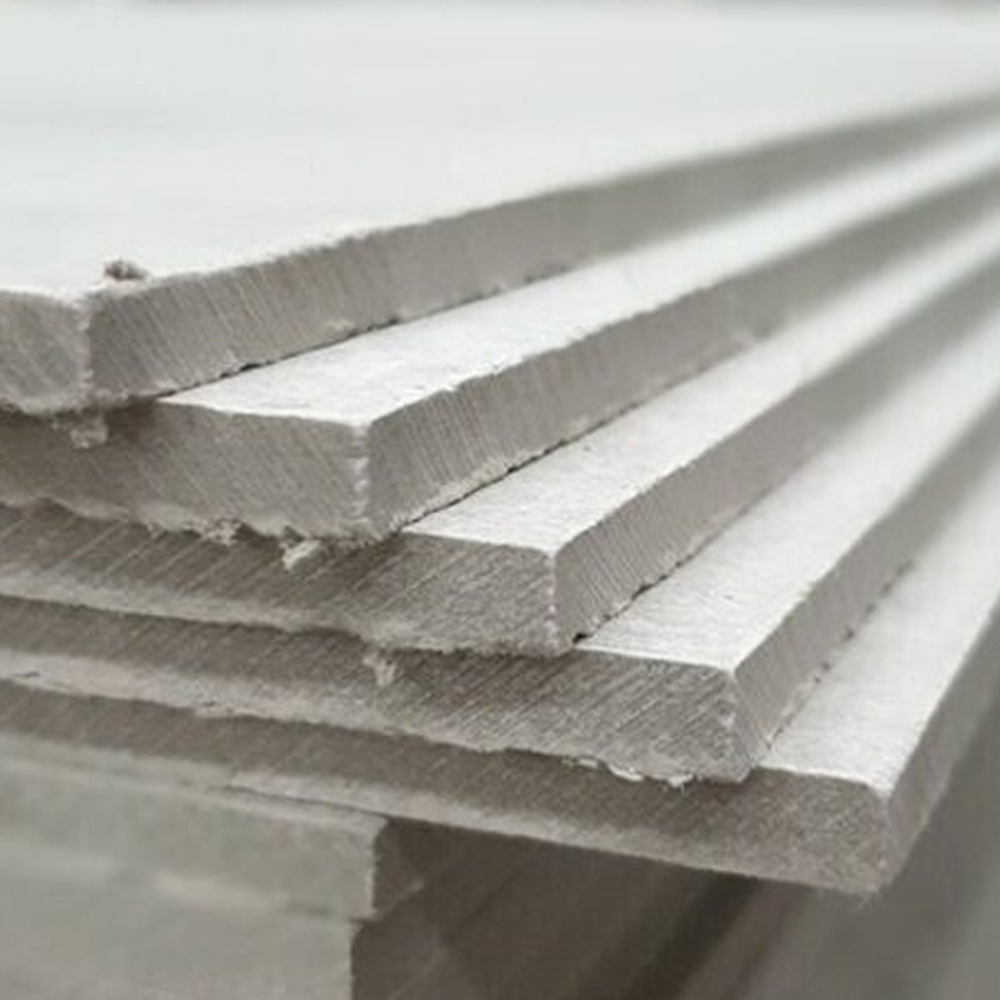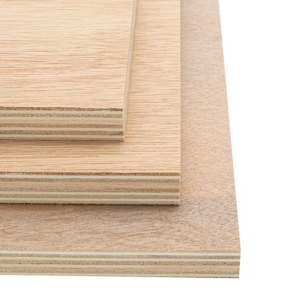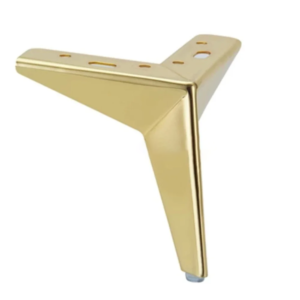🚚 Fast Delivery | ⭐ Best Quality | 📞 24/7 Support
+971 2 552 3918
info@coolwaybm.com
- Power Tools & Machinery
- Fire and Safety Equipement
Fire and Safety Equipement
- Adhesives
- Plumbing & Sanitary
- Packing Materials
Packing Materials
- Abrasives
- Carpentry
- Welding Accessories
Welding Accessories
- Fasteners
- Lock & Furniture Accessories
Lock & Furniture Accessories
- A/C Refrigeration
- Electrical
Electrical

د.إ1.00
You can add any HTML here
We suggest you to create a Saved Template in Dashboard -> Templates -> Saved Templates and use it by switching content type above to Saved template.
Cement Board is a construction material designed to withstand moisture and humidity, making it ideal for wet areas. It consists of cement mixed with reinforcing fibers to create a rigid, durable board that is resistant to water and mold. Cement board is commonly used as a substrate for tiling, especially in areas prone to moisture, such as bathrooms, kitchens, shower rooms, and around bathtubs. Its primary advantage lies in its ability to withstand water exposure without degrading, unlike drywall, which can absorb moisture and lead to mold growth and structural damage.
The strength and durability of cement board also make it ideal for use in areas with heavy traffic or impact. For instance, it is often used as a backing board for tiles on floors, countertops, and walls, where its stability ensures that tiles remain securely in place over time. Moreover, cement board is easy to cut and install, making it an efficient choice for contractors and builders, despite its heavy-duty properties. It is also compatible with other waterproofing systems, offering an additional layer of protection in areas where water exposure is frequent.
In addition to moisture resistance, cement board offers increased fire resistance. The non-combustible nature of cement helps to protect structures from fire damage. While it is primarily designed for use in wet environments, cement board is also highly impact-resistant, providing protection against physical damage. This makes it suitable for both residential and commercial applications where durability is a priority.
Despite its many benefits, cement board does have some drawbacks. It is heavier than traditional drywall and may require additional labor and handling during installation. However, its superior water resistance and long-term performance in high-moisture environments make it the preferred choice for projects that demand stability and protection against moisture-related issues.
There is £4.99 charge for delivery under £50 Orders. Additional charges will be imposed by our couriers for delivery to remote area, a surcharge may be levied to cover carriage to these areas.
Cement Board
د.إ1.00
Short Description:
- Cement Board is a moisture-resistant, durable building material made from cement and reinforcing fibers.
- Primarily used in wet areas like bathrooms, kitchens, and shower rooms.
- Provides a strong and stable base for tiling and other finishes.
- Resistant to mold, mildew, and water damage, ensuring long-term performance.
- Offers high impact resistance, making it a robust option for demanding environments.
Cement Board is a construction material designed to withstand moisture and humidity, making it ideal for wet areas. It consists of cement mixed with reinforcing fibers to create a rigid, durable board that is resistant to water and mold. Cement board is commonly used as a substrate for tiling, especially in areas prone to moisture, such as bathrooms, kitchens, shower rooms, and around bathtubs. Its primary advantage lies in its ability to withstand water exposure without degrading, unlike drywall, which can absorb moisture and lead to mold growth and structural damage.
The strength and durability of cement board also make it ideal for use in areas with heavy traffic or impact. For instance, it is often used as a backing board for tiles on floors, countertops, and walls, where its stability ensures that tiles remain securely in place over time. Moreover, cement board is easy to cut and install, making it an efficient choice for contractors and builders, despite its heavy-duty properties. It is also compatible with other waterproofing systems, offering an additional layer of protection in areas where water exposure is frequent.
In addition to moisture resistance, cement board offers increased fire resistance. The non-combustible nature of cement helps to protect structures from fire damage. While it is primarily designed for use in wet environments, cement board is also highly impact-resistant, providing protection against physical damage. This makes it suitable for both residential and commercial applications where durability is a priority.
Despite its many benefits, cement board does have some drawbacks. It is heavier than traditional drywall and may require additional labor and handling during installation. However, its superior water resistance and long-term performance in high-moisture environments make it the preferred choice for projects that demand stability and protection against moisture-related issues.
There is £4.99 charge for delivery under £50 Orders. Additional charges will be imposed by our couriers for delivery to remote area, a surcharge may be levied to cover carriage to these areas.
Reviews
There are no reviews yet.
Buy more save more!
Buy from 2 to 4 items and get 10% OFF
on each productBuy from 5 to 8 items and get 15% OFF
on each product- Free shipping on all orders above 50,00
- No hassle returns, 30 days return
- Next day delivery within your country











Reviews
There are no reviews yet.